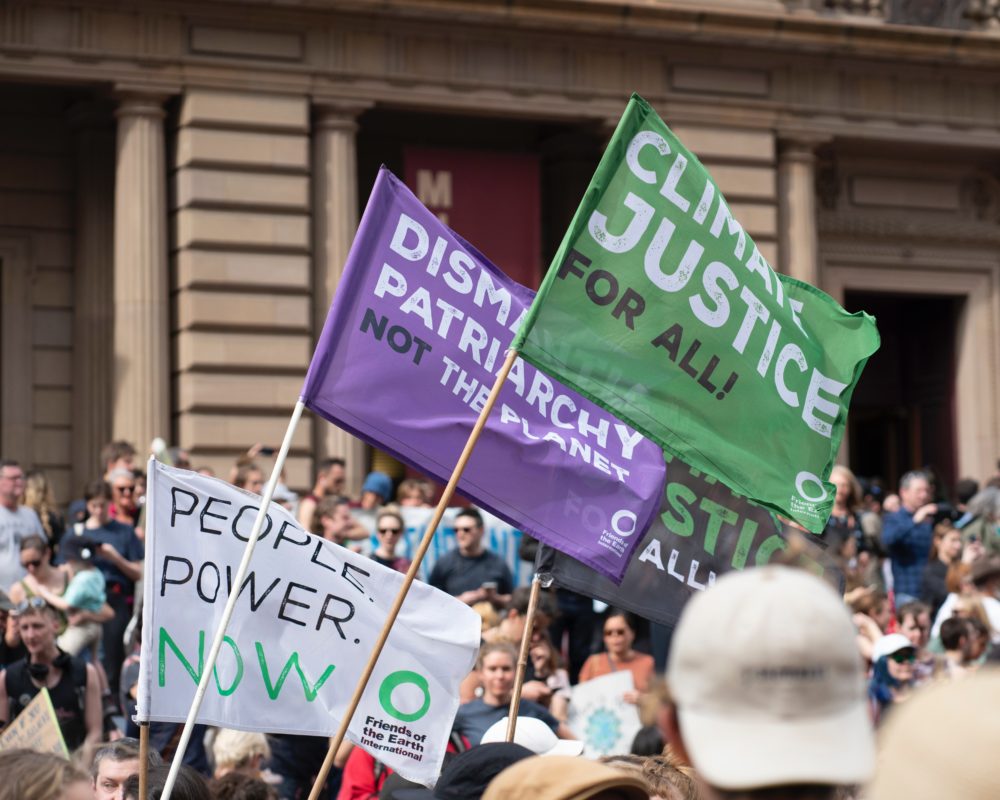Read the recap of this session: Real world mix of anger, frustration and also optimism at Inclusive Cities session.
The promotion of socially inclusive cities, which seek fair opportunities for full participation in all spheres of urban life for all urban dwellers, especially for the poor and the marginalized, has been one of the key goals of international development cooperation for decades. The ‘right to the city’ as well as ‘leave no one behind’ have become widely accepted guiding principles.
Social inclusion deals with the physical fabric of cities as much as with their economic and political dynamics. Urban development is complex by nature, even more so because cities as catalysts and hot spots of societal development are subject to broader trends and external impacts.
Economic progress, globally engaged civil society organizations and local as well as national leadership over the years have improved the situation for the urban poor in many countries and cities – though certainly not everywhere and not for all.
Recently however, the framework conditions for cities seem to be changing profoundly and more rapidly than ever before. Democratic structures and practices erode while authoritarian centralism becomes more widespread. More and more migrants struggle with growing nationalism and xenophobic hostility; but also long term residents of colour face undisguised racisms. Cities around the globe feel the effects of accelerated climate change. The Covid-19 crisis aggravates inequalities within and among cities.
These rapidly evolving dynamics jeopardize progress on inclusive cities and call for a critical reflection of its concept and practice as well as for its repositioning on the international agenda.
In the framework of the Daring Cities Conference 2020 and on the occasion of the retirement of Prof. Günter Meinert, GIZ, the session provides food for thought and momentum for an updated narrative on inclusive cities.
Senior urbanists share their experiences on core issues of inclusive cities through the decades. Young urban professionals – “the next generation” – present their views on inclusive cities in a rapidly changing and fluid context.
The session aims first at motivating urban professionals to rethink the concept of inclusive cities, its values and paradigms, core issues and approaches; and ultimately to engage also operationally with inclusive cities.
Second, thinking beyond the event itself, its interventions, opinions, and discussions should stimulate and contribute to a broader discussion on an updated narrative on inclusive cities, which responds to critically changed and still evolving framework conditions for urban development.
This narrative should also help to reposition inclusive cities higher on the international development agenda. Hopefully, individuals and organisation participating in the session take up the charge and continue the debate on an updated narrative about inclusive cities.
